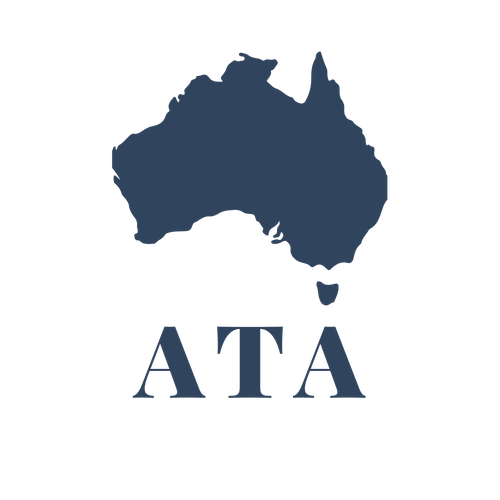The ACCC's Attack on Advertising
Santa came early this year for traditional media monoliths who will soon profit at the expense of independent content creators, small businesses, and everyday Australians. The ACCC has published draft regulation that would force tech giants like Google and Facebook to hand over a portion of their revenue to corporate media outlets.
Major media companies argue that platforms like Google and Facebook are stealing their content, generating ad revenue from it, and giving them nothing in return. Perhaps you’ve already read an article, published by the corporate media, depicting the ACCC’s plan in a positive light.
However, corporate media giants have no legitimate grievance against Facebook or Google.
Media outlets benefit just as much from search engines and social media platforms, as those sites do from the content produced by media outlets. Links to these media companies’ articles, radio shows, and television clips show up on Facebook users’ feeds and Google users’ searches.
The ACCC claims putting a link to traditional media content in front of potentially millions of users hurts their revenue and so they should be compensated.
Meanwhile, the small business owners reading this should be scratching their heads. Businesses pay good money to promote their content on these platforms. After all, online marketing drives traffic and generates awareness.
Should these regulations force platforms to send media outlets their money, Facebook and Google, pros at making a profit, will force advertisers to make up the difference. Ad costs for everyday Australians go up as media monoliths enjoy comfortable subsidies.
Rather than creating an “even playing field,” the corporate media outlets would benefit both from their relationship with big tech and the money they manage to leech off big tech through creative lobbying.
According to Facebook, Australian news content has no significant impact on its bottom line, though it did generate 2.3 billion clicks for Australian news companies in one year alone. Similarly, Google made only ten million dollars from clicks on news-related queries in Australia during 2019 but sent 3.44 billion visits to Australian media outlets “for free” the previous year.
If these media companies honestly thought they were being robbed, they’d want to pull their content from these platforms completely. Instead, the ACCC explicitly prohibits Facebook and Google from “discriminating against Australian media outlets.” This means big tech companies are legally obligated to publish the very content traditional media outlets argue big tech is stealing from them.
Platforms like Facebook and Google have broken the stranglehold on publicity that large media networks used to hold by allowing businesses to reach their target demographics directly. No wonder corporate media has a bone to pick. The simple truth is Australian corporate media has found a cash cow in big tech companies.
Their failure to adapt to a modern market has them in steep decline.
When technologies change, businesses need to learn to adapt. This was true for saddle makers at the beginning of the 20th century and it is true for traditional media outlets now that we live in the age of the internet. Instead of relying on the old business model, traditional media outlets should look to newer upstarts who have seen massive success with a membership model. They could also charge readers a small amount for individual articles. Traditional media has many options.
These media monoliths enjoy the benefits Google and Facebook for free. Now they want to make these platforms pay for the privilege of having new sites use their services. Forcing tech giants to subsidise traditional news outlets would cost small businesses and up-and-coming content creators. The ACCC must reverse course on this ridiculous and untenable set of regulations before undue burdens are placed on everyday Australians.
This article first appeared in The Spectator Australia on 6 August 2020.
